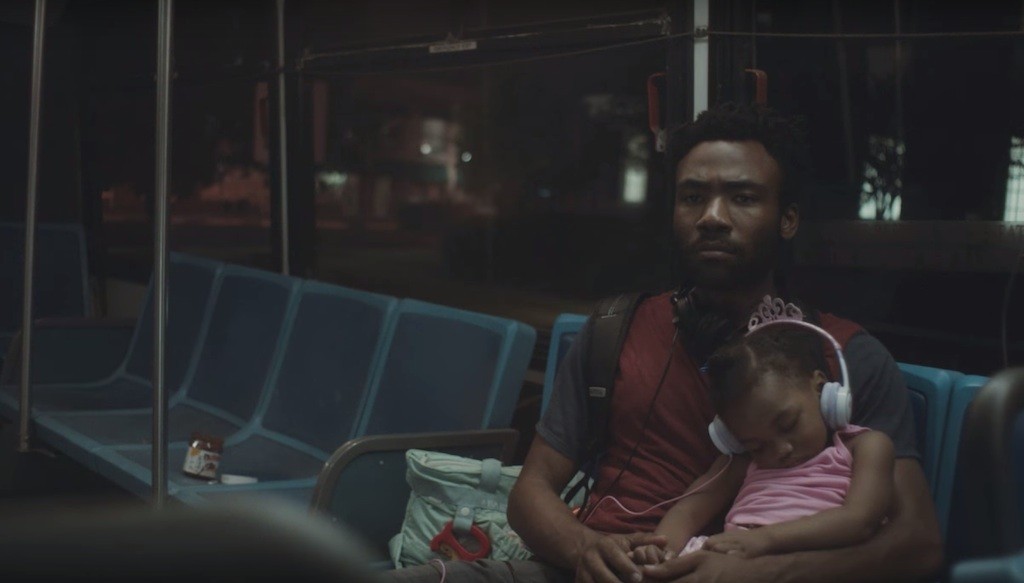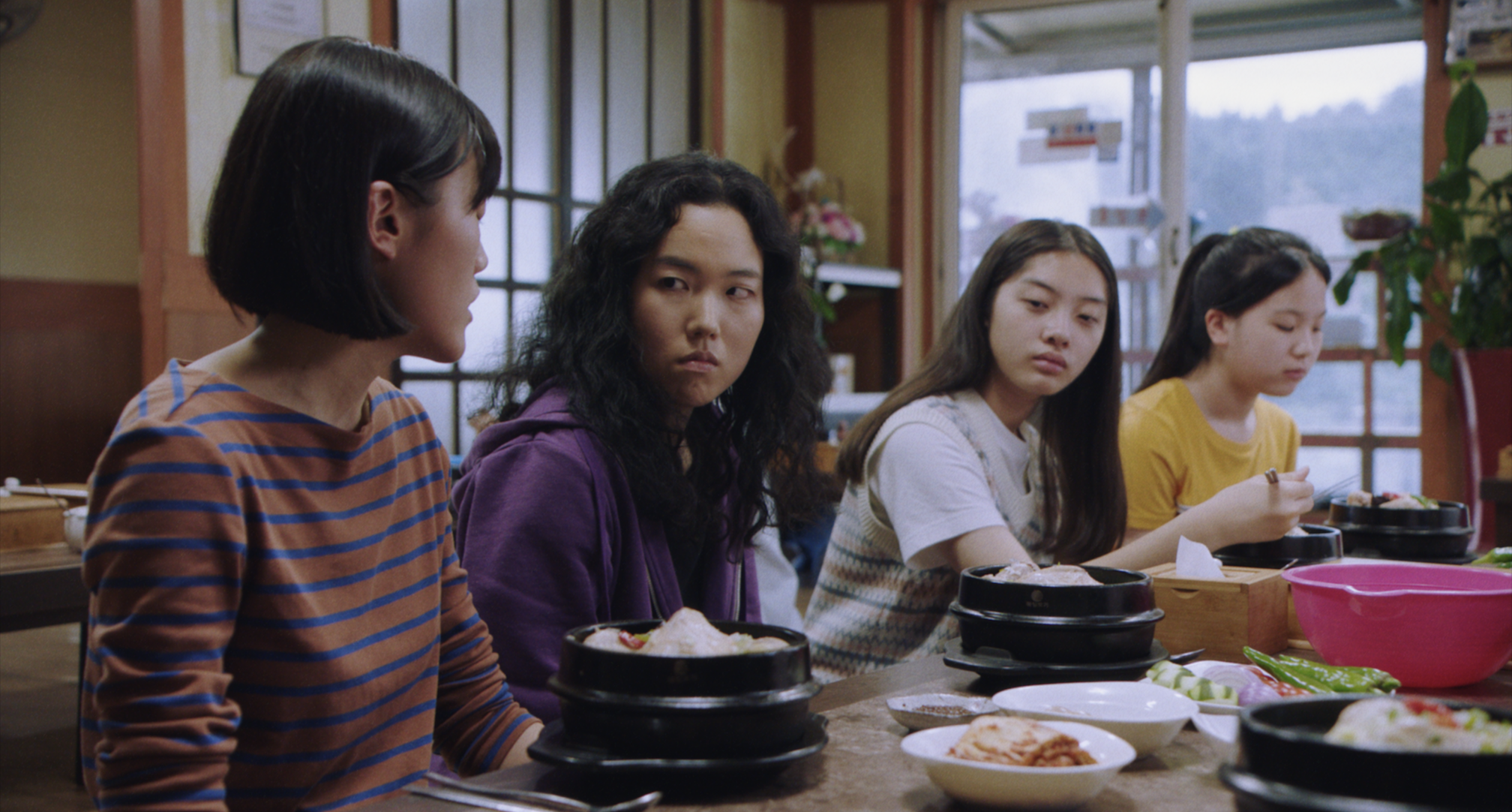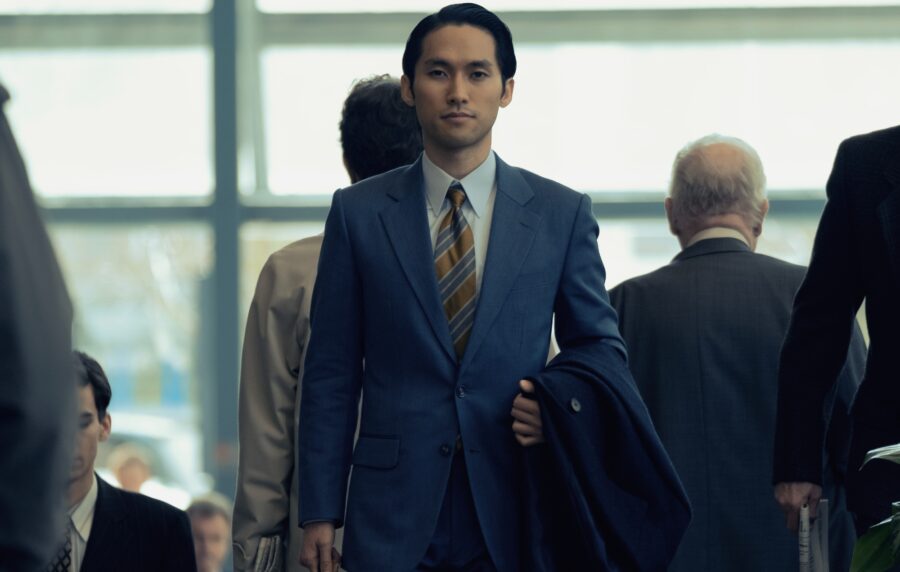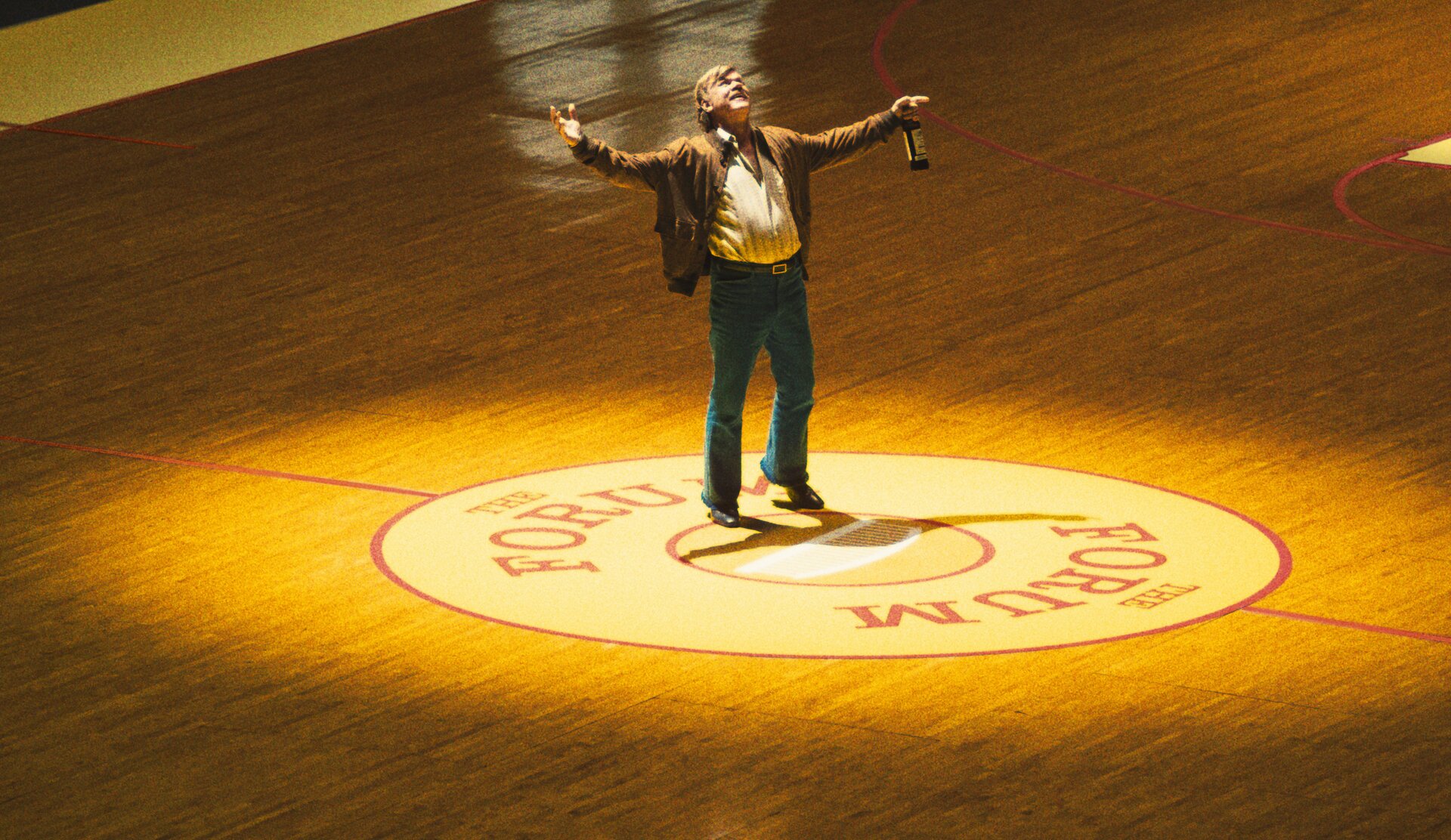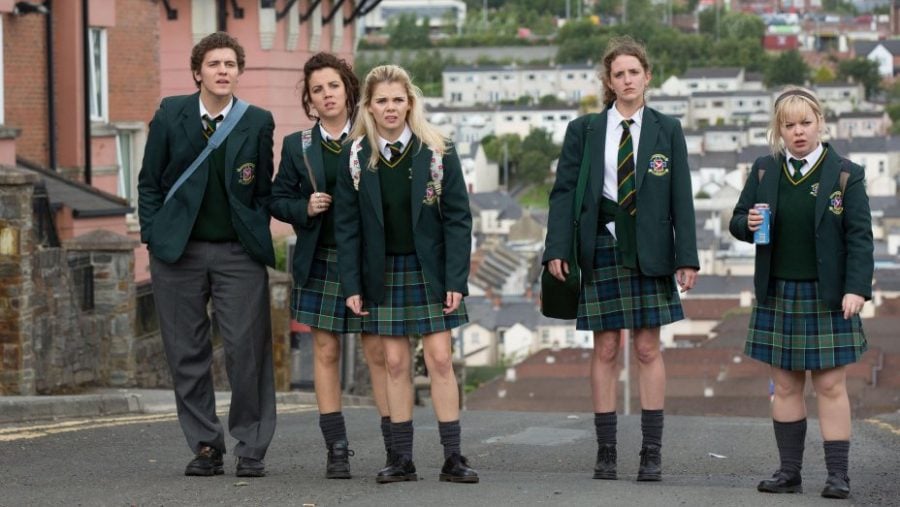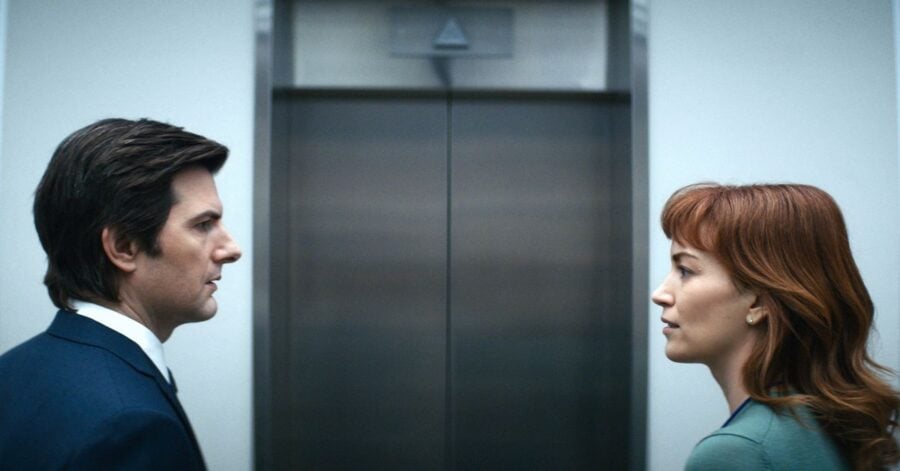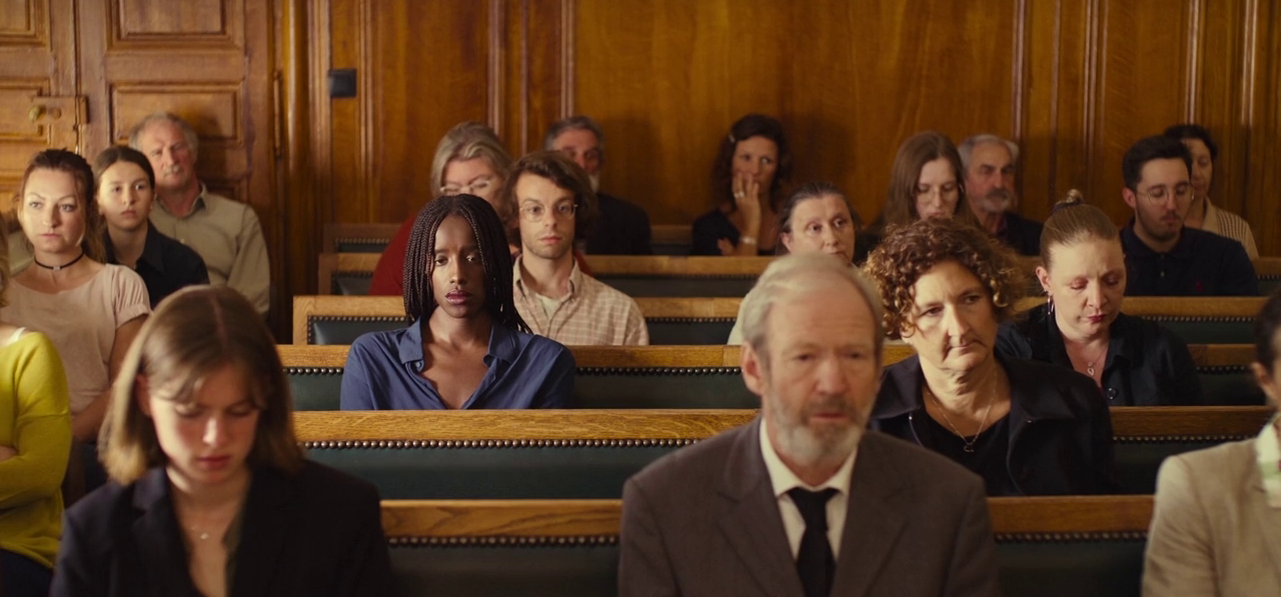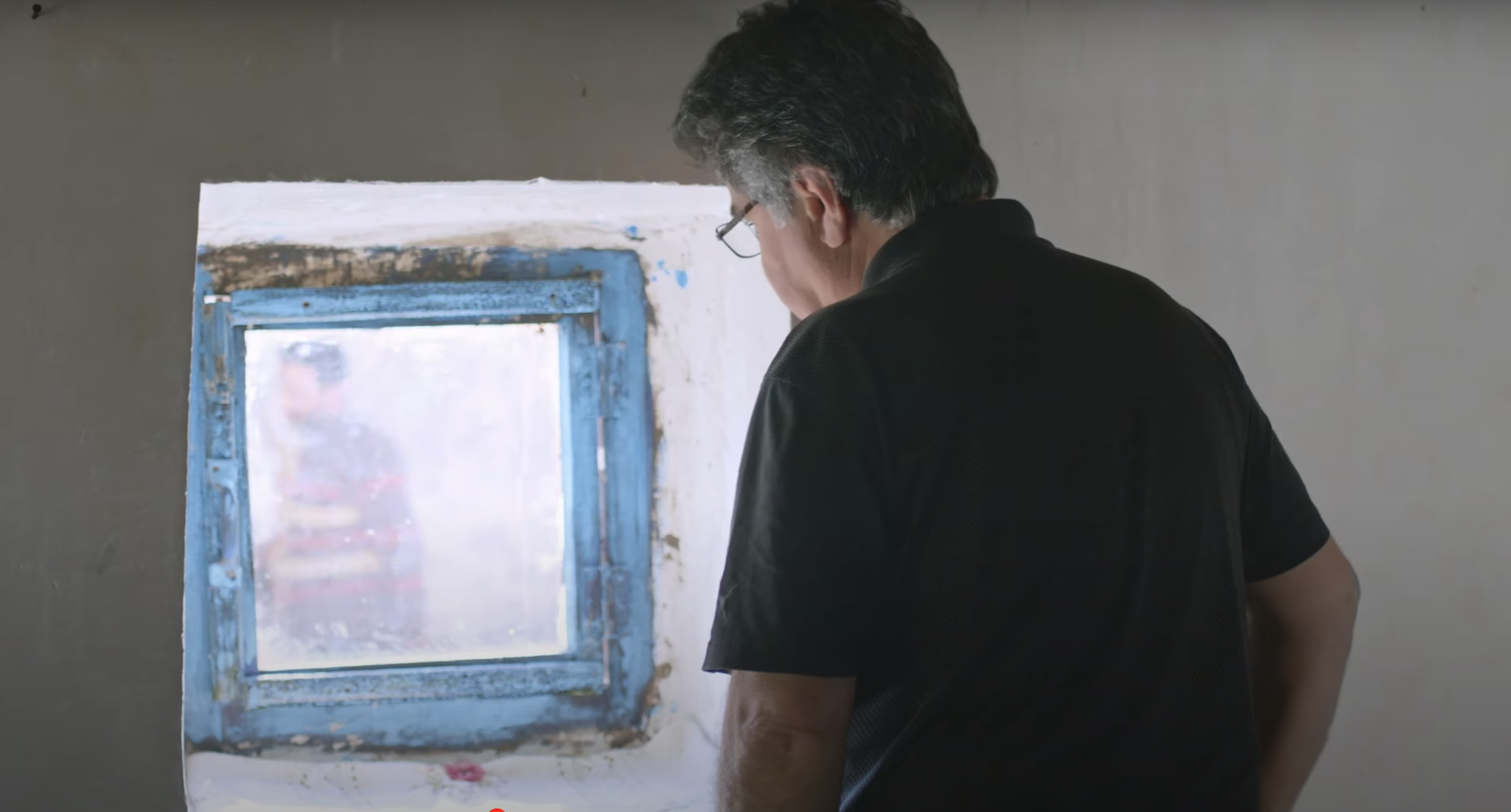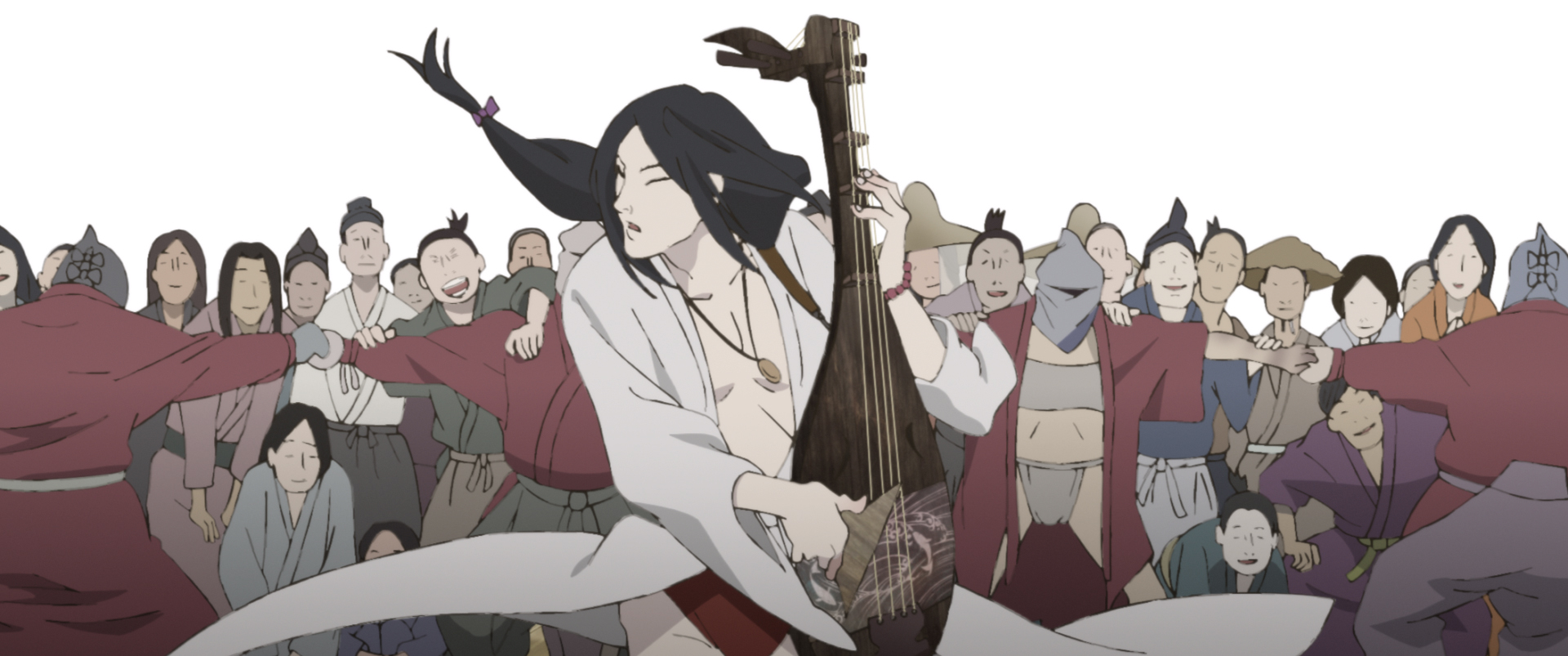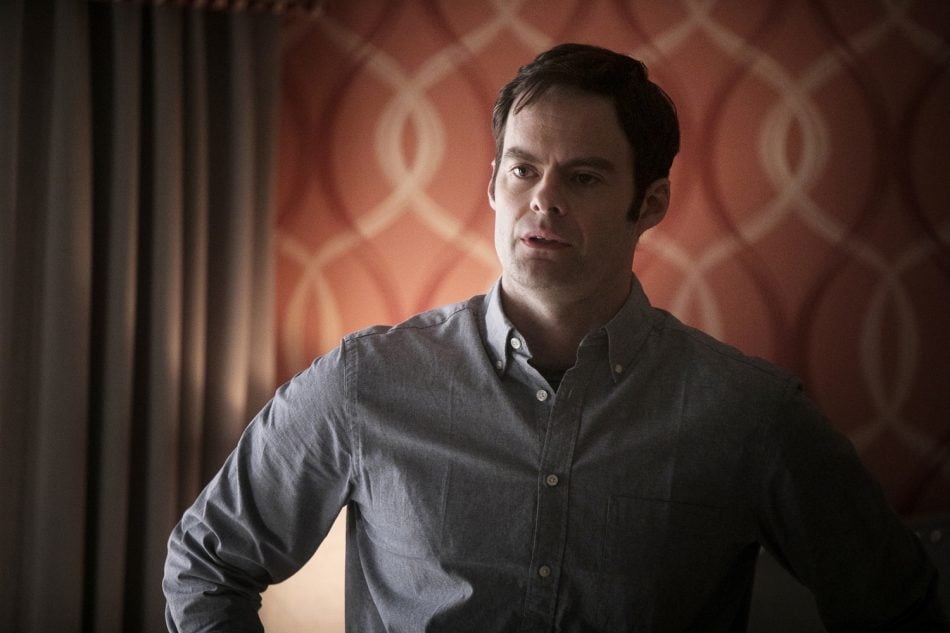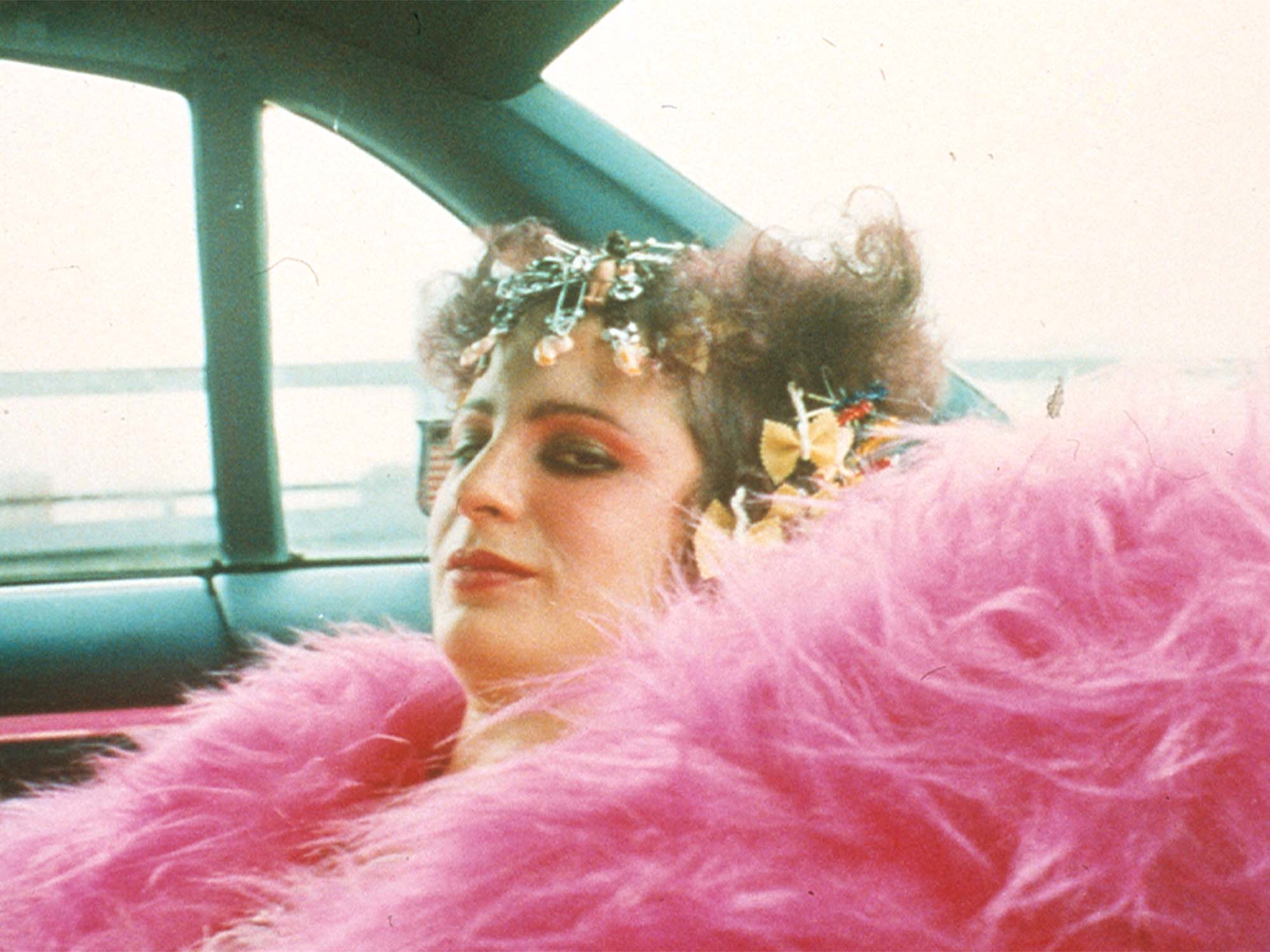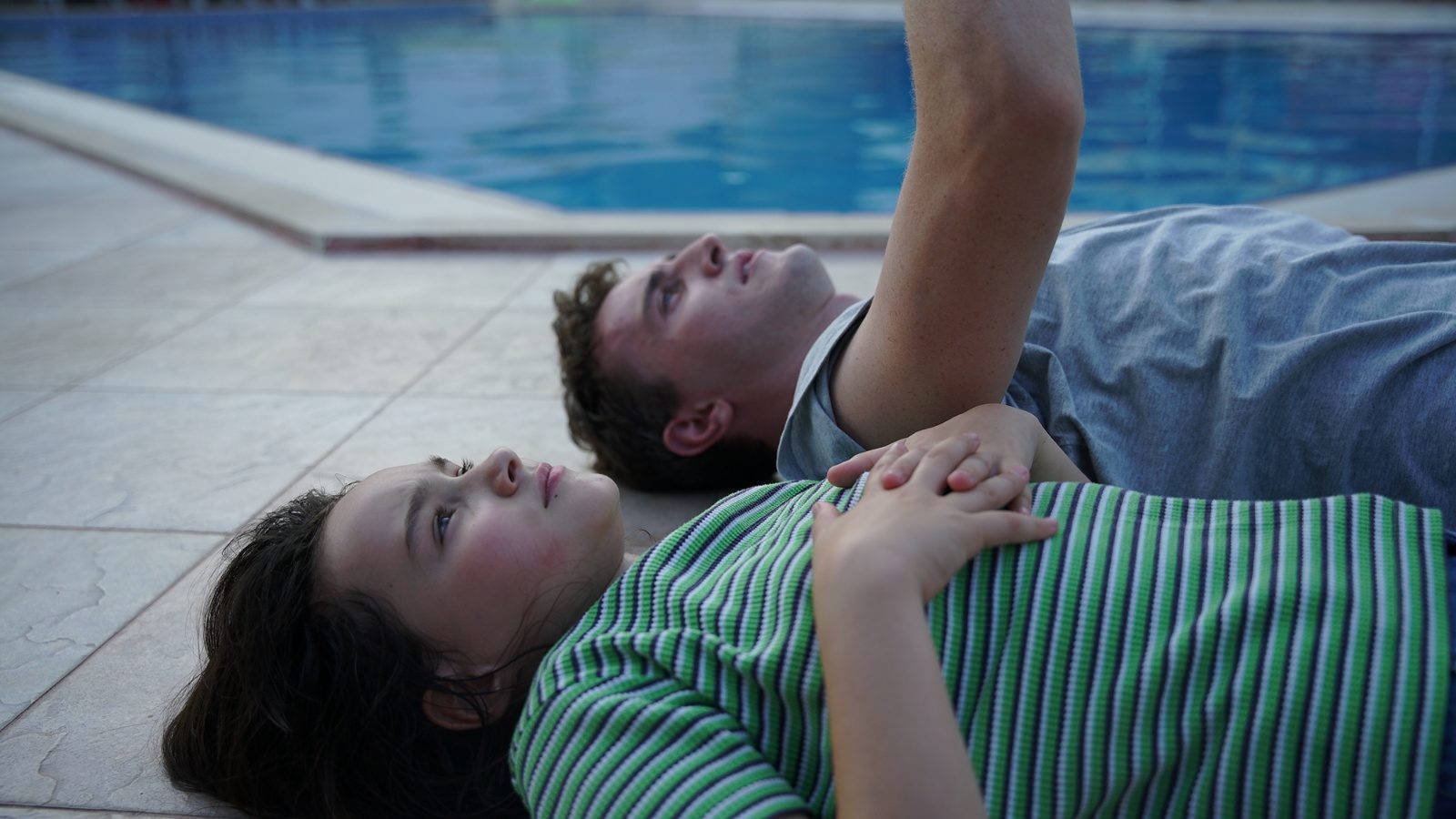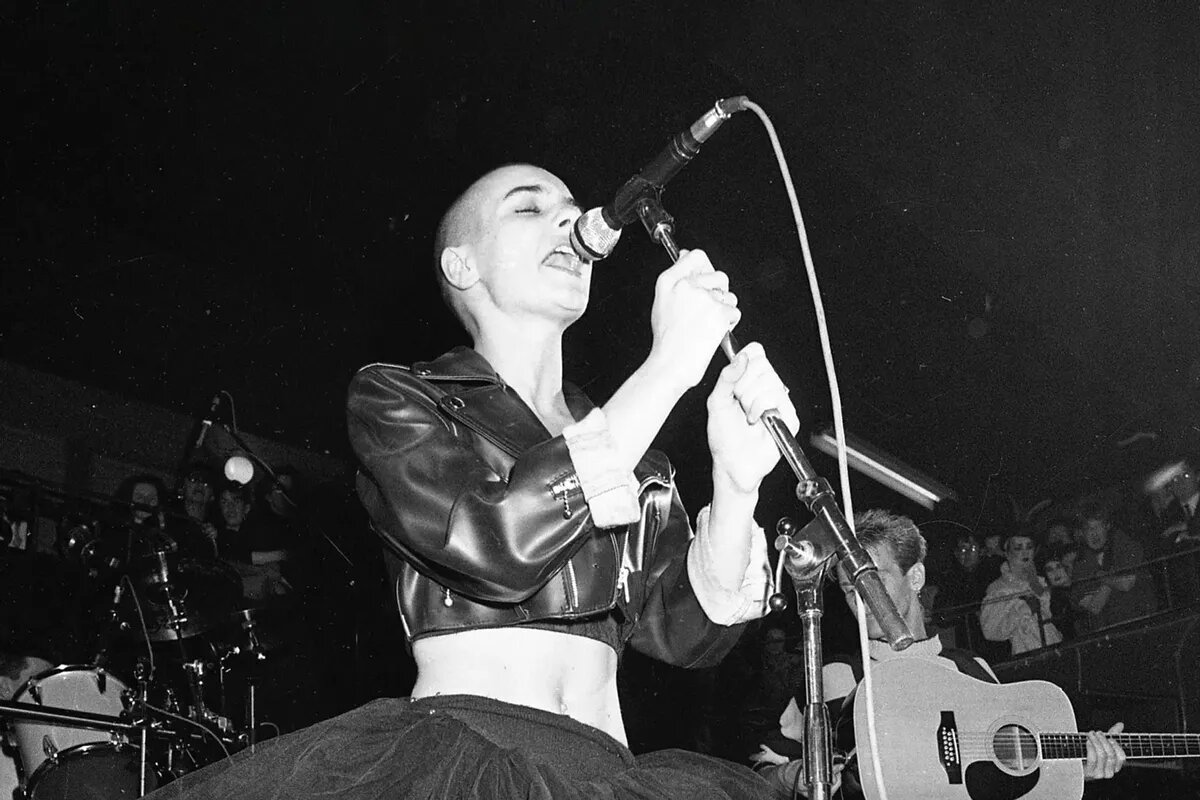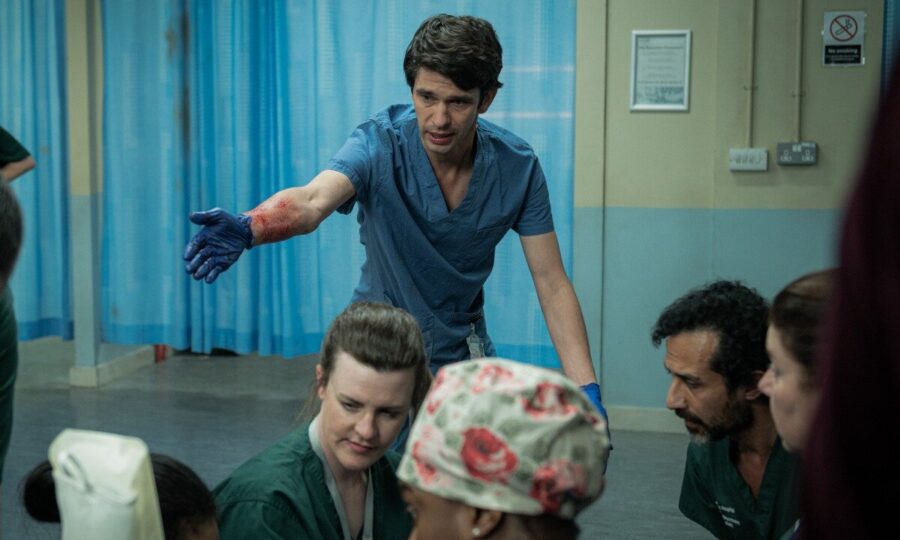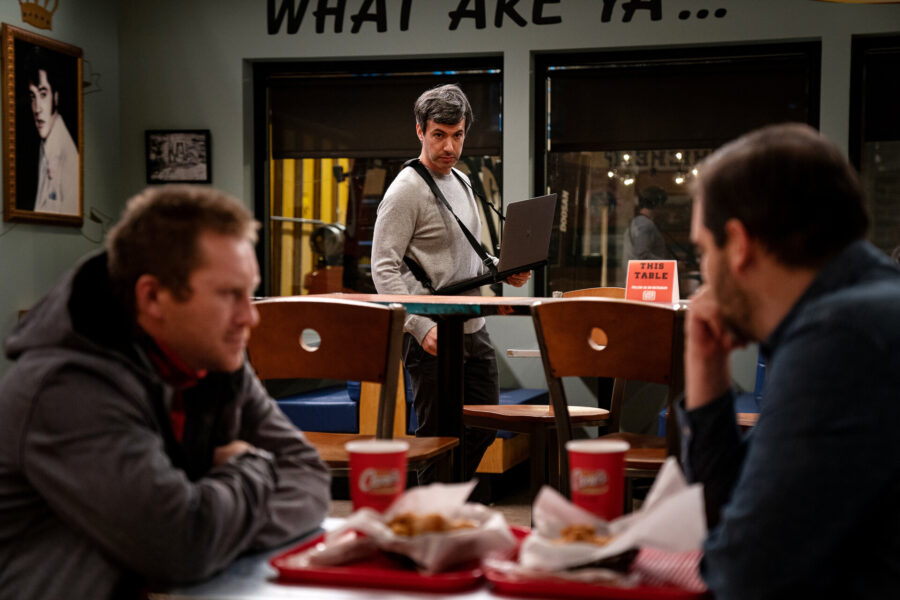American “dramedy” Atlanta is the work of mastermind Donald Glover, who you may already know without knowing – as a stand-up comedian, Troy Barnes from Community, or two-time Grammy nominated rapper Childish Gambino. It's easy to tell from this list that Glover is a man of many talents. And Atlanta indeed feels like a complete use of his multifarious arsenal, he directs, writes, and plays the lead character.
Earnest "Earn" Marks Earn (Glover) is a 30-something, a highly intelligent, de facto homeless Princeton dropout striving to redeem himself in the eyes of his ex-girlfriend and mother of his baby. He reconnects with his cousin after learning that he is finding fame as the up-and-coming rapper “Paper Boi”.
The show is full of moments of absurdity and hilarious characters (look out for Darius, played by LaKeith Stanfield), but also offers a genuine look at modern life. A fun, sharp and unique show that can digress at any moment.
Genre: Comedy, Drama
Actor: Brian Tyree Henry, Donald Glover, Keith Stanfield, Lakeith Stanfield, Zazie Beetz

